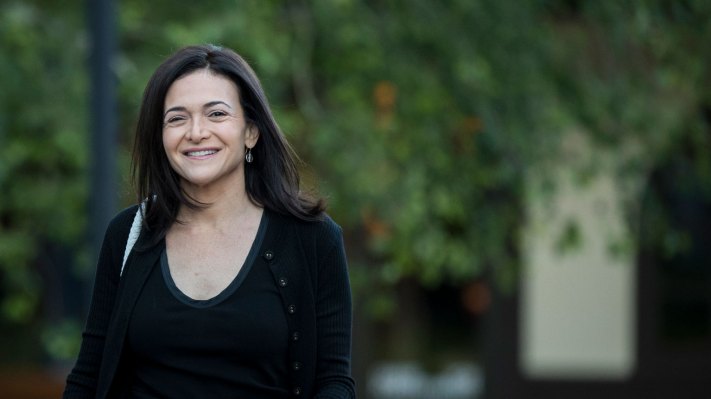Sheryl Sandberg announced today on Facebook that she is leaving Meta after more than a decade as the company’s chief operating officer.
Sandberg joined Meta, then Facebook, as COO in 2008. Over the course of 14 years, Sandberg steered the company through an IPO, an unprecedented period of explosive industry growth and its at-times rocky path to becoming one of the most socially impactful and valuable tech companies in the world.
Meta’s Chief Growth Officer Javier Olivan will step into the COO role as Sandberg departs. According to a Facebook post on the news from Meta Founder and CEO Mark Zuckerberg, Olivan will be in charge of Meta’s ads and business products while overseeing its teams dedicated to “infrastructure, integrity, analytics, marketing, corporate development and growth.”
Zuckerberg noted that Olivan’s role as COO will be “different from what Sheryl has done,” a commentary on just how much influence and power Sandberg exercised during her years with the company. “It will be a more traditional COO role where Javi will be focused internally and operationally, building on his strong track record of making our execution more efficient and rigorous,” Zuckerberg wrote, adding that he didn’t plan to replace her role directly.
“I think Meta has reached the point where it makes sense for our product and business groups to be more closely integrated, rather than having all the business and operations functions organized separately from our products,” he said. While Sandberg was an outsized presence at the company, Meta has always been synonymous with Zuckerberg and it’s possible that he will have even more direct control of decisions at the company as it reorganizes.
In the post, Zuckerberg also took the time to reflect on just how much Sandberg shaped the company into the social media and advertising giant it is today:
When Sheryl joined me in 2008, I was only 23 years old and I barely knew anything about running a company. We’d built a great product — the Facebook website — but we didn’t yet have a profitable business and we were struggling to transition from a small startup to a real organization. Sheryl architected our ads business, hired great people, forged our management culture, and taught me how to run a company. She created opportunities for millions of people around the world, and she deserves the credit for so much of what Meta is today.
Sandberg, who worked for the Clinton administration prior to joining Meta, was widely reported to have expected a role in Hillary Clinton’s cabinet, likely as treasury or commerce secretary. With Donald Trump’s surprise win, those plans were dashed and Sandberg settled in for what would shape up to be a profitable era for the company but one full of uncomfortable reckonings over the social network’s role in propagating disinformation, hate and conspiracies.
Just after the January 6 insurrection at the U.S. Capitol, Sandberg falsely claimed that the day’s events were “largely organized on platforms that don’t have our abilities to stop hate.” In reality, Facebook played a central role in the “Stop the Steal” movement following the 2020 election after fostering far right groups like QAnon and the Proud Boys for years before taking action.
That unforced error was just one of Sandberg’s recent PR blunders. Others include her involvement in contracting the Republican opposition research firm Definers Public Affairs to plant negative stories about liberal billionaire George Soros and a more recent report that Sandberg leveraged the Meta communications team to kill a story about Activision Blizzard CEO Bobby Kotick, her former boyfriend who is now accused of fostering a culture of sexual harassment at the gaming company.
When revelations about Sandberg’s involvement in shaping her former boyfriend’s press coverage hit in late April, The Wall Street Journal also reported that she was facing “internal scrutiny” and an internal review at Meta. The company did not respond to TechCrunch’s questions about the state of that review.
While she will exit the C-suite, Sandberg will stay on in her role on Meta’s board of directors. She became the board’s first female member when she joined it in 2012. In a Facebook post, Sandberg opined about her long tenure at the company and the personal challenges she endured over that time, including the death of her husband, Dave Goldberg, in 2015.
Reports in recent years suggested that Facebook’s growing political tensions and Sandberg’s handful of high profile missteps strained the relationship between Sandberg and Zuckerberg, though it’s not clear if that paved the way to her departure. In her post, Sandberg reflected on her long relationship with Zuckerberg, who she will continue to work with through the company’s board.
” … On the way in, I asked Mark for three things — that we would sit next to each other, that he would meet with me one-on-one every week, and that in those meetings he would give me honest feedback when he thought I messed something up,” Sandberg wrote. “Mark said yes to all three but added that the feedback would have to be mutual. To this day, he has kept those promises.”
